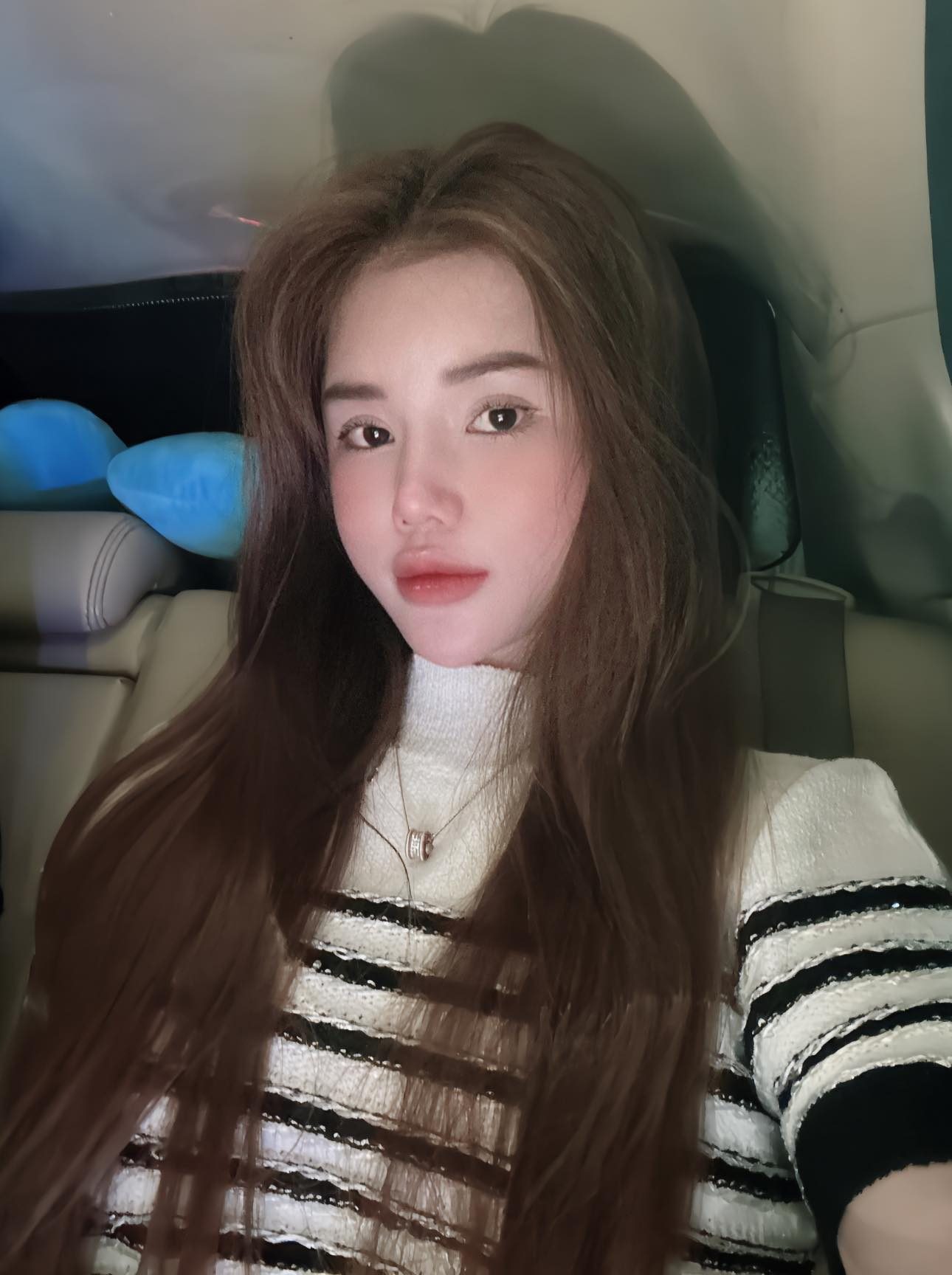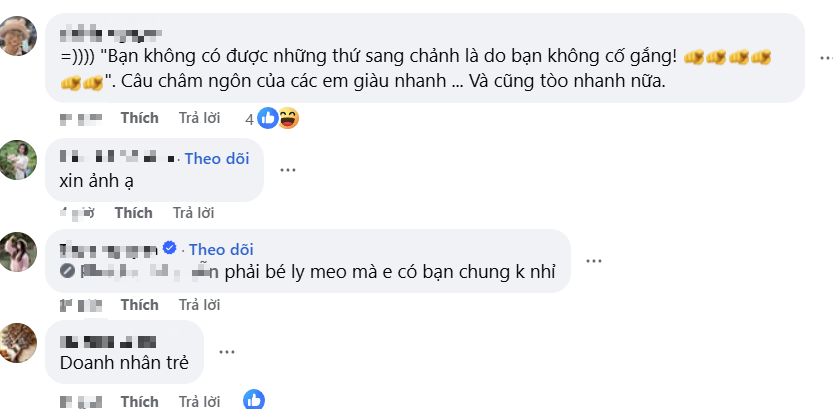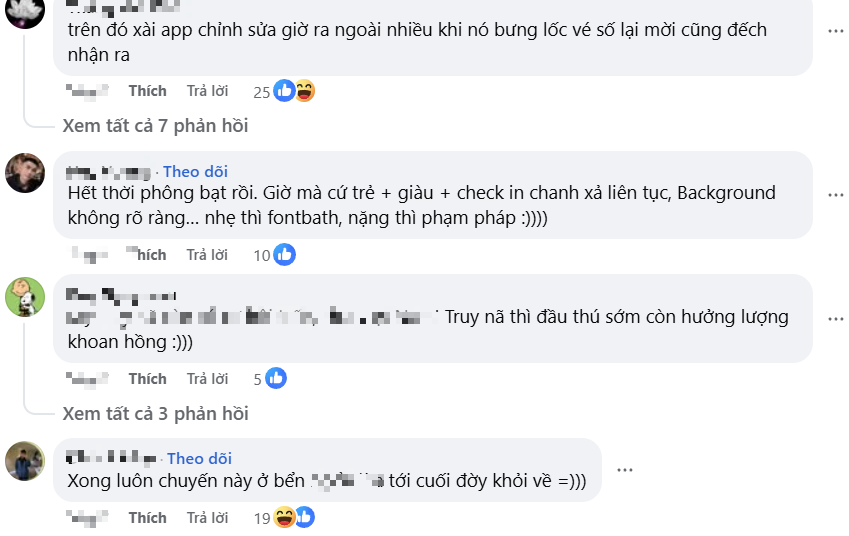Recently, Lê Phạm Hiểu Ly (2001), also known by her nickname hot girl Ly Meo, has been prosecuted by the Ho Chi Minh City Police, and a wanted notice has been issued for her for failing to report a crime. Authorities have identified that the hot girl is involved in an illegal drug trafficking ring.
On social media, she is a “hot girl” with stunning beauty, an attractive figure, and a dreamlike life. Her personal page is filled with photos checking in at luxurious restaurants, upscale bars, and extravagant trips… The young girl has built her image as a successful person, financially independent and enjoying a fulfilling life. Tens of thousands of people follow Ly Meo, admiring and yearning to live like her.



However, this perfect picture shattered when authorities confirmed that Ly Meo was involved in an illegal drug trafficking ring.
From Ly Meo’s story, many social media users have tried to draw a common “formula” for the tragedy of a segment of young people today, especially those who are famous online:
Living excessively “virtual”, chasing material wealth: The first noticeable common point is the construction of a glamorous, lavish image on social media. The pressure to “be like” others, to show wealth and success has pushed them down the wrong paths, regardless of the consequences.


Easy money and a loss of direction: Ly Meo’s image also raises questions about the source of the huge amounts of money beautiful girls earn, allowing her to live such a lavish life. Is it simply business or legitimate work?


Earning money through illegal, “shortcut” paths can easily lead a segment of young people to abandon basic moral values, losing direction in shaping their self-worth and life goals. This causes them to lose the clarity needed to distinguish right from wrong.